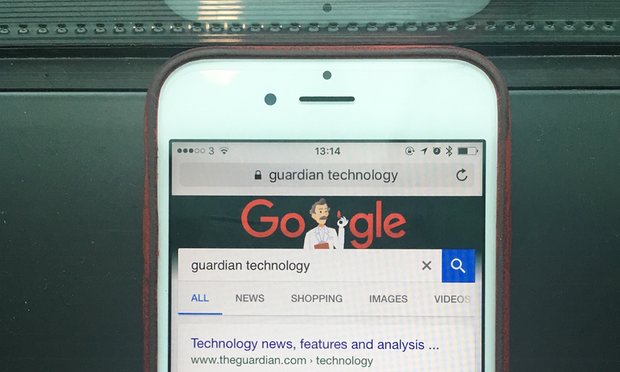Google's desktop search could be out of date compared to mobile results soon
- Google launches Allo, bets on AI to spice up chats
- Google helps children to interact with parents in prison
Google is fully splitting its search index into two distinct versions: a rapidly updated mobile one, and a separate, secondary search index for the desktop web.
The change will hit within “months”, according to a Google webmaster trends analyst, Gary Illyes, speaking at digital marketing conference Pubcon in Las Vegas, and will leave the desktop version of the index less up to date than the mobile one.
It’s the culmination of a long-running push by Google to encourage webmasters to prioritise mobile-friendly versions of their sites. The search engine already promotes sites that work well on mobile devices over ones that don’t, a change introduced in April 2015. Criteria for that promotion include features such as text size and how easily tappable links are on smartphone touchscreens.
Maintaining a fully separate index would allow Google to expand the push by judging sites with alternate mobile and desktop sites very differently, putting an end to the sort of situation where clicking through from a search result leads to a mobile site that has none of the promised information.
 |
| The most up-to-date search results could be limited to mobile following Google’s split of its index between desktop and smartphone. Photograph: Sean Anderson for the Guardian |
Barry Schwartz of Search Engine Land said: “The most substantial change will likely be that by having a mobile index, Google can run its ranking algorithm in a different fashion across ‘pure’ mobile content rather than the current system that extracts data from desktop content to determine mobile rankings.”
It’s not the first time Illyes has mentioned the split, having discussed it at the SMX conference in September last year, but webmasters are taking note of the proposed date for the transition.
Joost de Valk, who runs search optimisation firm Yoast.com, said that the change is “the logical next step” for the search engine.
“It makes sense to me that they’d have two separate indexes and treat them as equals, but now they’ve got a primary one. That makes sense too, because it’s probably the fastest way for them to grow their index,” de Valk said.
“I think in part it is about pushing people to change their sites to be responsive rather than having a separate desktop and mobile site. By saying that their mobile index is more important, it will push people to focus on their mobile sites.”
In a statement, Google said “[we] are always experimenting with different approaches to keep search index as relevant and useful as possible, but we don’t have any new developments to announce”.

